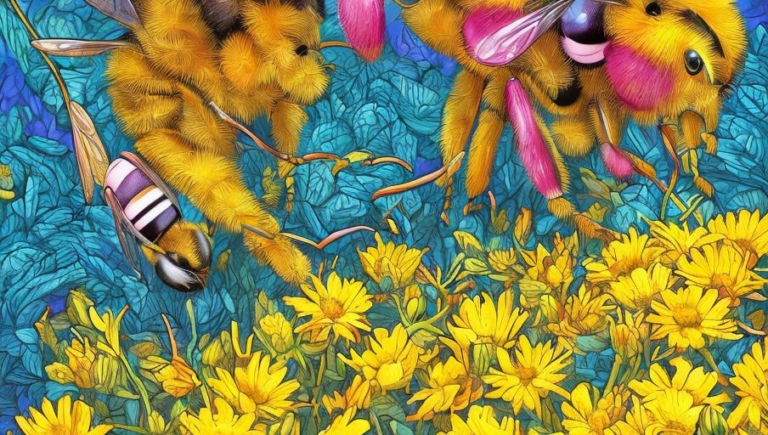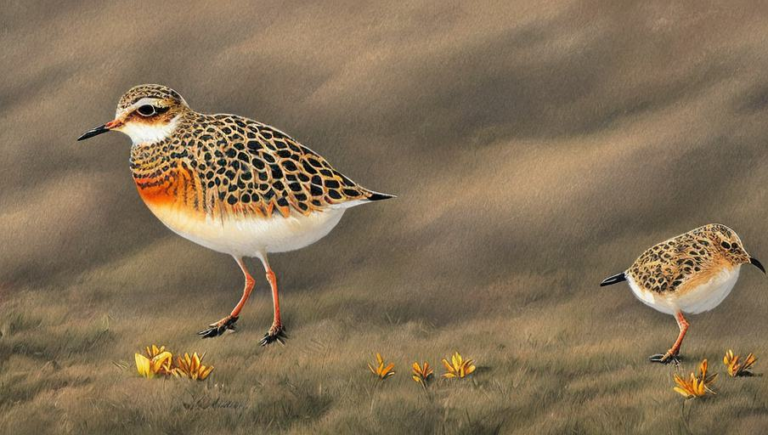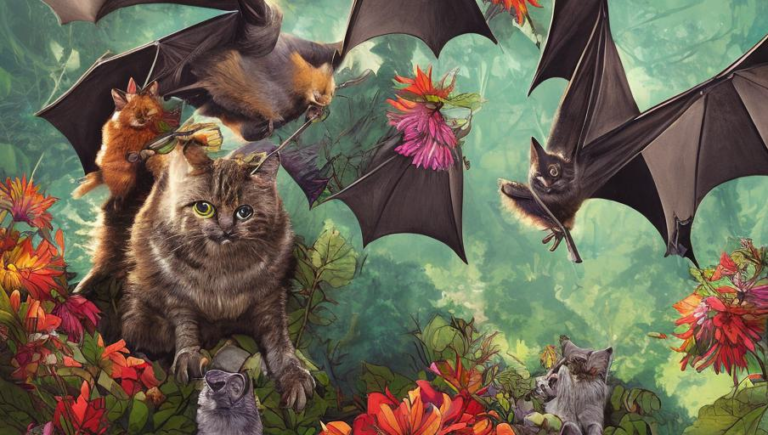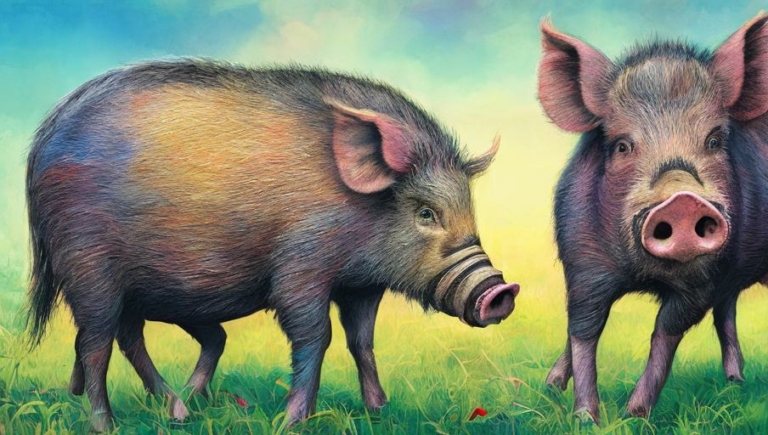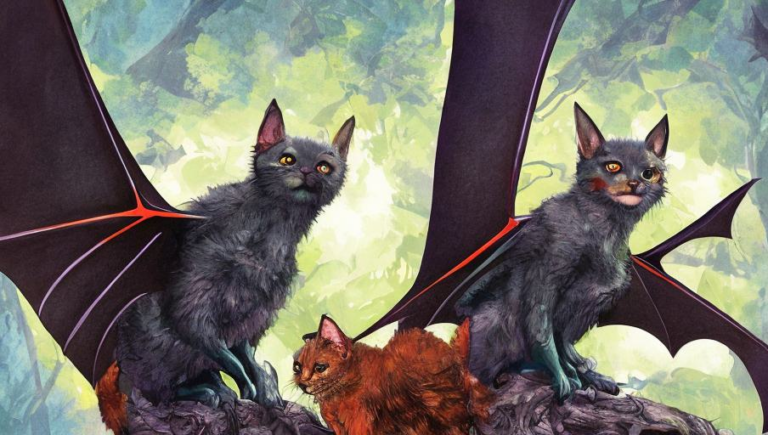Habitat Requirements for Chinchillas
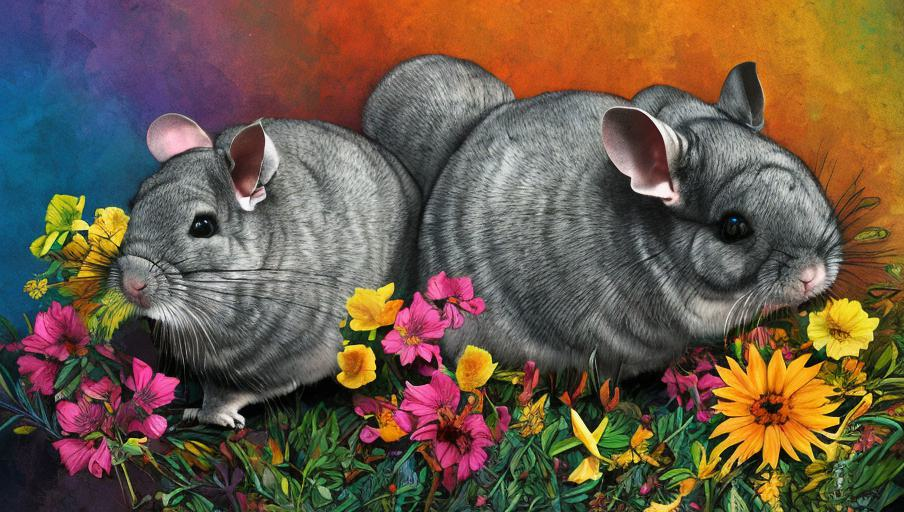
Habitat Requirements for Chinchillas
Chinchillas are rodents native to the Andean mountains of South America. These small, nocturnal animals have a unique, plush coat that has made them popular among pet owners. But, it is important to remember that chinchillas have specific habitat requirements that need to be met in order to keep them healthy and happy.
Temperature
Chinchillas can tolerate a wide range of temperatures, but they do best in temperatures between 40 and 70 degrees Fahrenheit. The temperature should never drop below 40 degrees, as this could cause health problems for the chinchilla. When the temperature drops below 40 degrees, the chinchilla can become stressed and ill. It is also important to keep the temperature in the chinchilla’s enclosure consistent, as sudden and drastic changes in temperature can cause stress and illness.
Humidity
Chinchillas do not do well in high humidity and should not be kept in an environment with more than 60 percent humidity. High humidity can cause mold and mildew to grow on the chinchilla’s fur, which can lead to skin irritation and other health problems. It is important to monitor the humidity in the chinchilla’s enclosure and take steps to reduce it if necessary.
Space
Chinchillas need plenty of space to run and exercise. The enclosure should be at least two feet by two feet and it should be high enough to allow the chinchilla to jump and climb. The enclosure should also have plenty of hiding places, such as cardboard boxes, tunnels, and tubes, for the chinchilla to retreat to when it wants some privacy.
Bedding
Chinchillas need soft, absorbent bedding to sleep on. The bedding should be made of wood shavings, aspen, or paper-based products. Avoid using cedar or pine shavings, as these can release toxic fumes that can be harmful to the chinchilla. The bedding should be changed regularly to ensure that it is clean and free from debris.
Toys and Accessories
Chinchillas need plenty of toys and accessories in their enclosure to keep them entertained. This can include things like exercise wheels, tunnels, ladders, and chew toys. It is important to provide the chinchilla with a variety of items to keep it from becoming bored.
Diet
Chinchillas need a diet that is high in fiber and low in sugar and fat. Their diet should consist mostly of hay and other plant-based foods such as fresh vegetables and fruits. They should also be given treats such as nuts and seeds in moderation. It is important to provide the chinchilla with fresh, clean water at all times.
Conclusion
Chinchillas are wonderful pets, but they do have specific habitat requirements that need to be met in order to keep them healthy and happy. It is important to provide them with a temperature-controlled environment that is free from high humidity, plenty of space to run and exercise, soft bedding, toys and accessories to keep them entertained, and a healthy diet. By meeting these requirements, you can ensure that your chinchilla lives a long and happy life.
